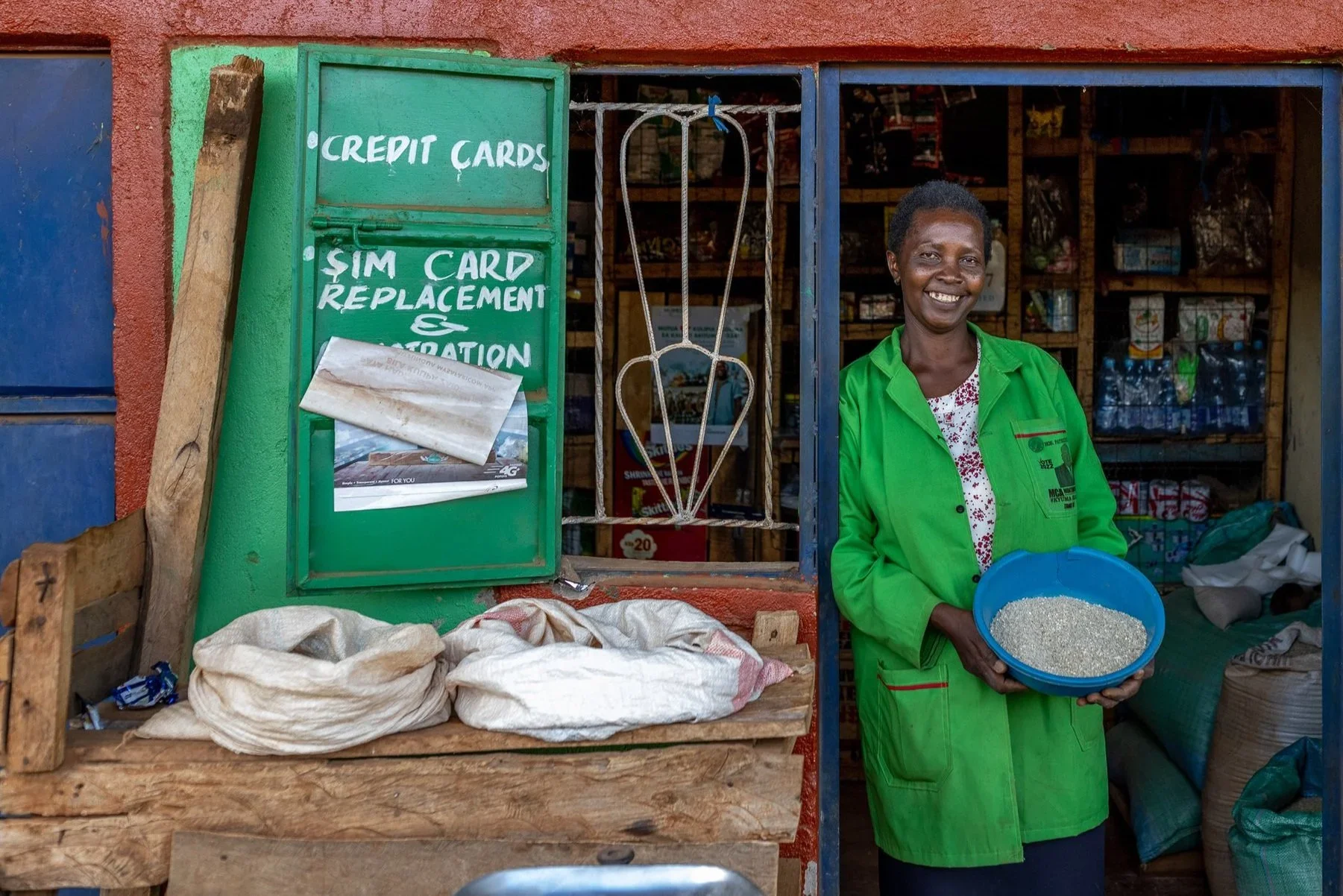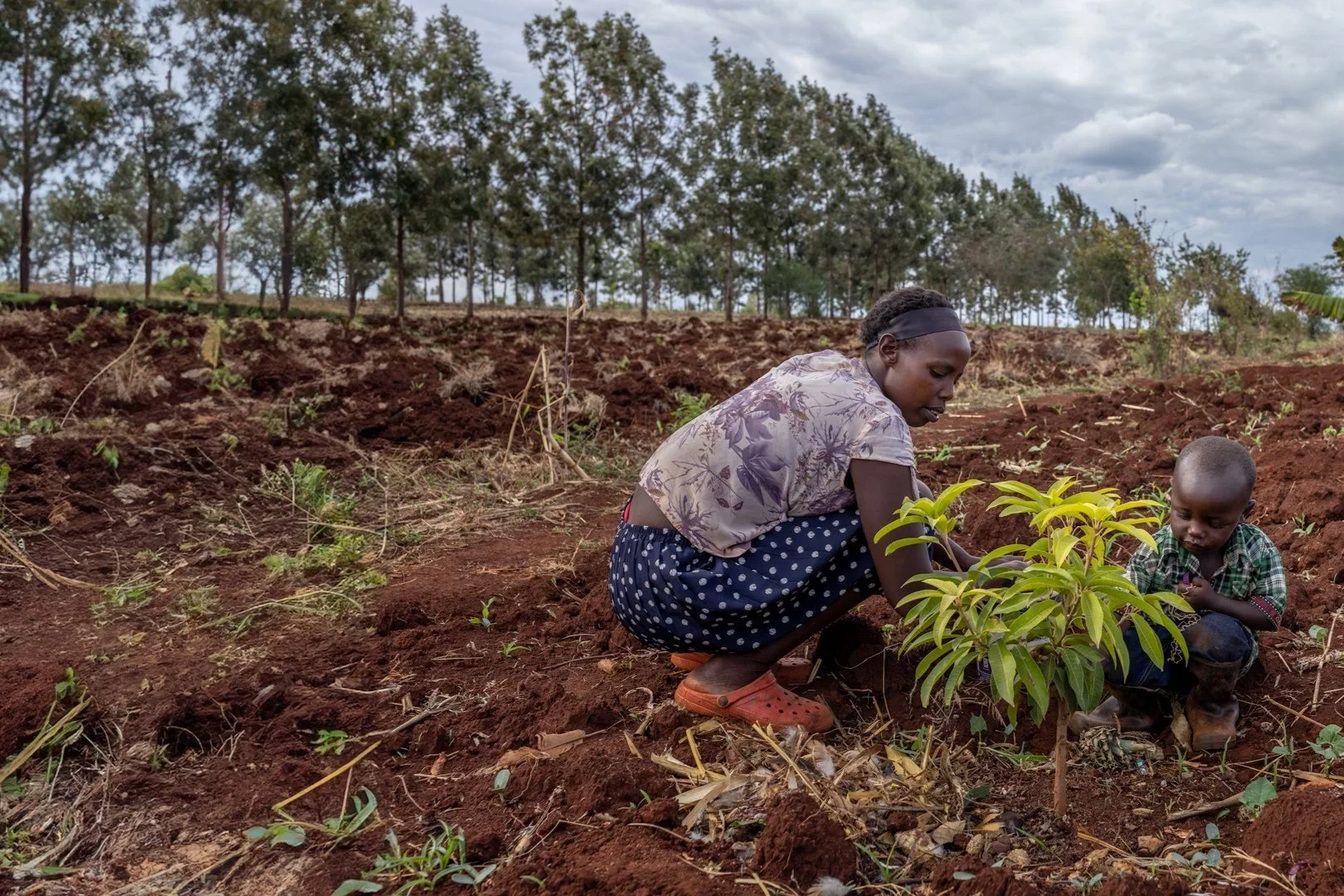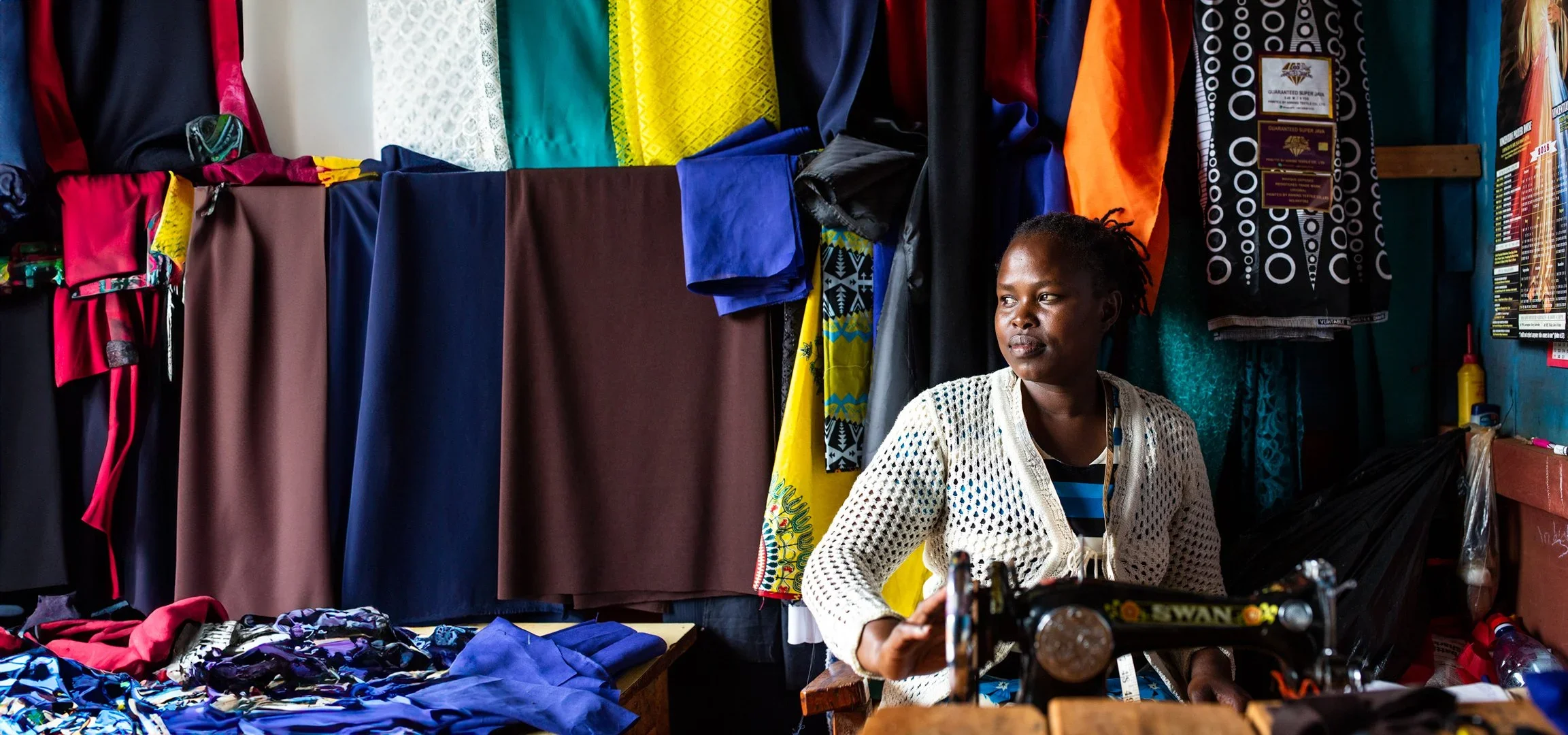Economic Empowerment
Empowering Entrepreneurship in Kenya and Tanzania

Entrepreneur Training
Empowering rural communities through entrepreneurship
The Basic Entrepreneur Training (BET) & Enterprise Scale-Up initiative aim to lift individuals out of extreme poverty by equipping them with entrepreneurial skills and support.
Key Objectives
Provide professional training and coaching for rural communities
Establish sustainable micro-enterprises in Kenya and Tanzania
Scale-up micro-enterprises into small & mid-size enterprises

Background
In rural East Africa, many people rely on subsistence farming and informal labor to make a living. This lack of formal training and business knowledge limits their ability to achieve financial stability and escape poverty. The Basic Entrepreneur Training (BET) and Scale-Up initiative addresses these challenges by providing comprehensive training in entrepreneurship, financial literacy, and technical skills, empowering individuals to create sustainable businesses and improve their livelihoods.
BET & Scale-Up Initiative
The Basic Entrepreneur Training (BET) and Scale-Up initiatives aim to address the critical needs of rural communities in Kenya and Tanzania by providing comprehensive training in entrepreneurship, financial literacy, and technical skills. These initiatives empower individuals to create sustainable businesses, improve their livelihoods, and contribute to their communities’ economic growth.
Since its inception, BET has enabled over 16,000 individuals to create micro-businesses and achieve economic independence. The project targets young men and women above 18 years who have completed secondary school education, providing them with the necessary skills and hands-on experience to run small enterprises. The training also covers business management, financial literacy, and the efficient and sustainable use of resources.
The Scale-Up initiative, an advanced level of training following BET, supports graduates who have successfully started their businesses. It offers advanced training, mentorship, and resources to help them expand their enterprises, enhancing their economic impact and sustainability.
Project Details
Implementation Phase 2021-2024
Phase 1: Establishment and Initial Training 2021-2022
Launched the BET program, focusing on providing basic entrepreneurial training to young individuals in rural areas of Kenya and Tanzania. Collaborated with local governments, training centers, and private companies to develop the curriculum and instructional materials. Initial training sessions covered essential business skills, financial literacy, and technical know-how.
Phase 2: Expansion and Scale-Up 2022-2023
Expanded the BET program to include more participants and regions. Introduced the Scale-Up initiative to support BET graduates in scaling their businesses. This phase included advanced training sessions, mentorship programs, and additional resources to help businesses grow sustainably.
Phase 3: Integration and Sustainability 2023-2024
Integrated BET and Scale-Up initiatives with local and national government programs. Established partnerships with public authorities and private firms to ensure ongoing support and sustainability. Focused on securing funding and resources for the continued success of the programs. Monitored and evaluated the impact of the initiatives, with a focus on long-term economic empowerment and community development.
Partner
Hand in Hand International (implementing partner)
Financing
This project is funded by the Hilti Foundation.
Project Goals
Vision of change
The ultimate vision of the project is that the young generation in Kenya is equipped with professional skills and competencies demanded by the construction market so they can find sustainable jobs, generate a solid income, and pursue long-term careers. This will be achieved by establishing an industry-led, government-accredited, and certified vocational skills training program for technically advanced job profiles in the Kenyan construction sector. This dual apprenticeship training modality is a cost-effective alternative driven by the private sector as it is anchored in enterprises. It ensures close links between the three training locations: practical training in companies, practical courses in workshops and theoretical classes at training centres. It is a vision where necessary mechanisms will be put in place to ensure sustainable financing by market actors (firms, government, students) and to ensure education plans meet the requirements of a dynamically developing market.
Change how companies recruit and train
The aim is that by the end of the first project phase in 2025, the leading plumbing and electrical installation companies in Kenya have adopted the dual apprenticeship program as the most important way to recruit and train the new young workforce. Financing is secured through the companies mainly but also co-financed by the government. The competence level is recognised by the industry and the governmental training and accreditation institutes. Both companies and training providers have built competence and capacity to educate apprentices.

“Now that I have my small businesses, I feel much further in life. I never thought I would achieve this.”
Mary Machala - Farmer and Seamstress
Results
32,000 micro-enterprises created, generating an average of $1 additional income per day, laying the foundation for families to invest and grow their income.
42,000 farmers have been trained, with 65% escaping extreme poverty and now earning over $2.15 a day. This boost in income significantly enhances their quality of life and economic stability.
3,000 enterprises established through the Scale-Up initiative, generating additional daily income and fostering sustainable economic growth.

















